
Dysautonomia
A Journey to Healing and Understanding
Karen (ZuZu) Ziemer Armes HHP, TNC, AHHC
Co Founder of Holistic Health Educators and LIlly Fields Center
Read The Investigative Research Essay (FREE)
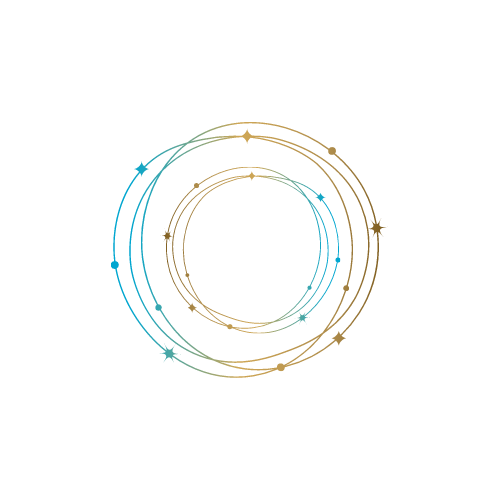
Symptoms of Dysautonomia
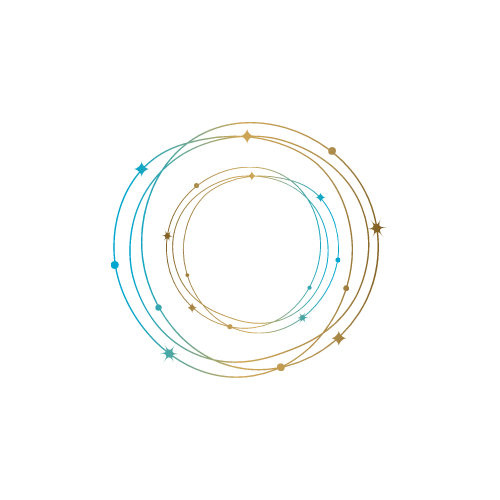
Treatment for Dysautonomia
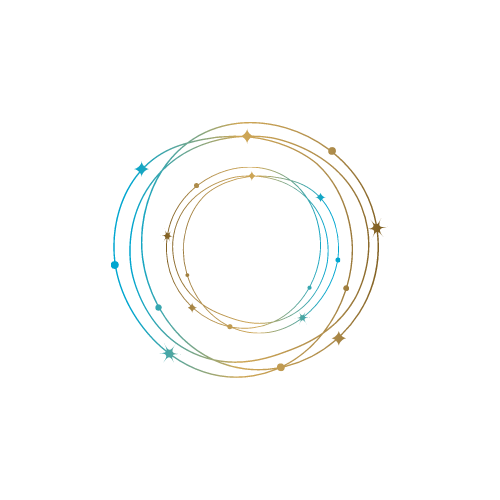
The Physics of Dysautonomia
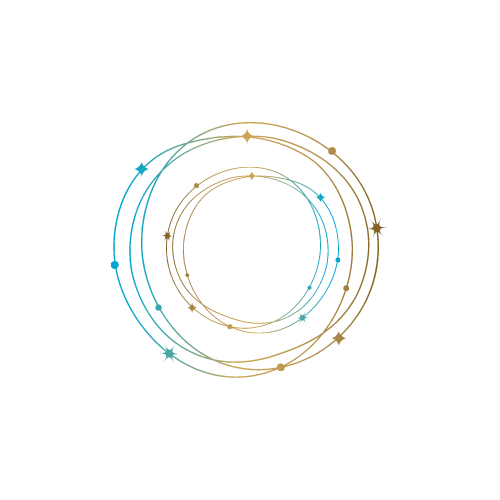
Living with Dysautonomia
Lilly is a Spoonie 📽
Spoonie is a term used to describe anyone with a chronic illness who suffers with limited amounts of energy. The spoon theory was created by Christine Miserandino in 2003. Christine suffered from Lupus and was at a restaurant with a friend when she came up with the idea of using spoons as units of energy. The ‘spoon theory’ was born! Instead of using the term “chronically ill,” reminding oneself of the fact that they are ill, one with chronic illness can now share they are a Spoonie. A rainbow with a spoon underneath it is the symbol used by Lilly and Spoonies around the world.
Christine Miserandino in 2003. Christine suffered from Lupus and was at a restaurant with a friend when she came up with the idea of using spoons as units of energy. The ‘spoon theory’ was born! Instead of using the term “chronically ill,” reminding oneself of the fact that they are ill, one with chronic illness can now share they are a Spoonie. A rainbow with a spoon underneath it is the symbol used by Lilly and Spoonies around the world.
What is Dysautonomia?
Dysautonomia noun: dis-ˌȯt-ə-ˈnō-mē-ə : a disorder of the autonomic nervous system that causes disturbances in all or some autonomic functions and may result from the course of a disease or from injury*
Autonomic dysregulation is when the normal balance is lost between the sympathetic and parasympathetic systems. Dysautonomia is essentially then, a disorder of the entire autonomic nervous system.
Our autonomic nervous system (ANS) consists of two parts:
- The sympathetic nervous system (SNS) which is known as the fight or flight system and controls the more active responses such as your heart rate, blood pressure and muscle activation.
- The parasympathetic nervous systems (PNS) which is known as the rest and digest system and controls the more restful responses such as sleep and digestion.
Autonomic (think AUTOMATIC) regulated body processes affected by Dysautonomia may include:
▪ Blood pressure
▪ Breathing
▪ Digestion
▪ Elimination
▪ Heart rate
▪ Kidney function
▪ Bladder control
▪ Pupil dilation / Constriction in the eyes
▪ Sexual function
▪ Body and skin temperature control
Although many types of Dysautonomia are genetic, other triggers to Dysautonomia could include dehydration, stress, tight clothing, alcohol consumption, hot environments, or psychological trauma.
It is often very difficult and can take years to diagnose Dysautonomia. Except for Familial Dysautonomia, most doctors see the presenting conditions as symptoms of other disorders. During our course of testing we found Lilly had many of the following symptoms, yet it was never connected to Dysautonomia.
We learned that symptoms of Dysautonomia can be misunderstood and even misdiagnosed as some of the following:
▪ Postural Orthostatic Tachycardia Syndrome (POTS)
▪ Chronic Fatigue Syndrome (CFS)
▪ Fibromyalgia
▪ Post-Traumatic Stress Disorder (PTSD)
▪ Orthostatic hypotension
Read the Investigative Research Essay (FREE)
From the Author
The main focus of this free document is to help YOU and those you love who are suffering with a form of Dysautonomia. For 4 ½ years we traveled from doctor to doctor, both in the medical field and holistic fields. I ordered every medical test available and we tried every modality of natural healing we knew of. During these years I never heard of, nor did any doctor or professional ever mention, Dysautonomia.
This document therefore is not only for YOU, it is for THEM! Most doctors have no idea that the symptoms their clients are having could be part of this diagnosis.
Lilly's Story On August 1st of 2015, our youngest daughter Lilly (12 years old at the time), became terribly nauseous on our road trip across the country. The next two weeks of our trip she spent in bed, at hospitals, and in immense pain. She had signs and symptoms of odd nervous system dysfunctions before we left, but we had no idea our journey would not end when we returned home. The journey to understanding her debilitating health issue took five years, hundreds of thousands of dollars, and is compiled into this document.
The emotional journey we have taken is not recorded here, but well deserves another 14 pages. As her mother, I stand amazed at her strength and endurance. She's a rock star!
Lilly came close to death two times, the days she could not walk from the bedroom to the kitchen were unnumbered, and her pain was inconsolable and unstoppable. She lost all but two friends, who both lived far away, as teenagers did not know how to react or respond to her illness.
She could not attend more than a couple months of high school, school dances, sport activities or functions, and yet, she awoke every day determined. She journaled, studied, tried countless supplements for a wide variety of symptoms, had more tests run on her body than any person I have ever known, and today cannot wait to help others persevere their health trials. With her Dysautonomia under control, she is happily married to her sweetie Kevin, is thriving as a florist in her local community, and is a VERY happy young lady! There are answers - and you are just a click away from learning them!
The Coca Test For Food Sensitivities 📽
Dr. Coca was the Medical Director of Lederle Laboratories, one of the largest pharmaceutical houses in the world. He is an honorary president of the American Association of Immunologists and an editor of the Journal of Immunology. He taught at Cornell, Heidelberg, the University of Pennsylvania and the Post Graduate Medical School at Columbia University. He taught delegates from 14 nations the content on the Coca test at the New School for Social Research. And, he left us, the Coca test.
Today, Lilly is Thriving!
Happily married to Kevin who loves her deeply, working part time as an amazing and talented florist, squeezing her nieces and nephews as often as she can, sporting a few meaningful neat tattoos, loving God who gives her breath, and living life to the very fullest with all the spoons she gets each and every day!






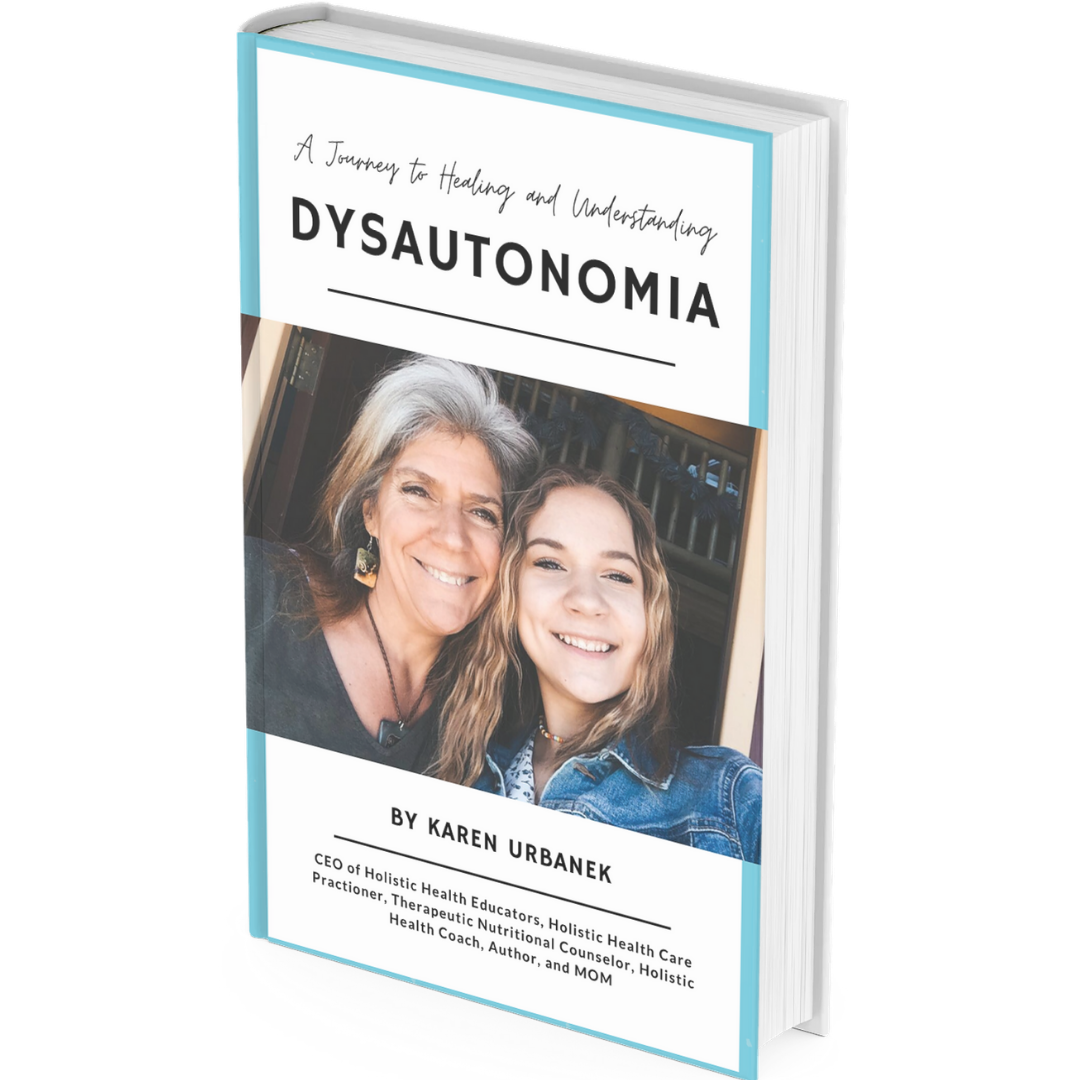
Read the Investigative Research Essay
Immediately delivered to your inbox
Why Holistic Health Educators?
We deliver an entire community of learners and educators right to you. You become part of our system of active learning - where you learn applied knowledge and can ask questions in real time.
Our graduates have unparalleled understanding of the best options available to their clients, and feel confidently rooted in an understanding of human biology and the science behind healing.
Whether your interest is personal or professional, our interest is in your development and ability to transform the lives of people you share information with. We invest in you and we support you - long after your education is complete.
Let's Talk About The Education Available For You!